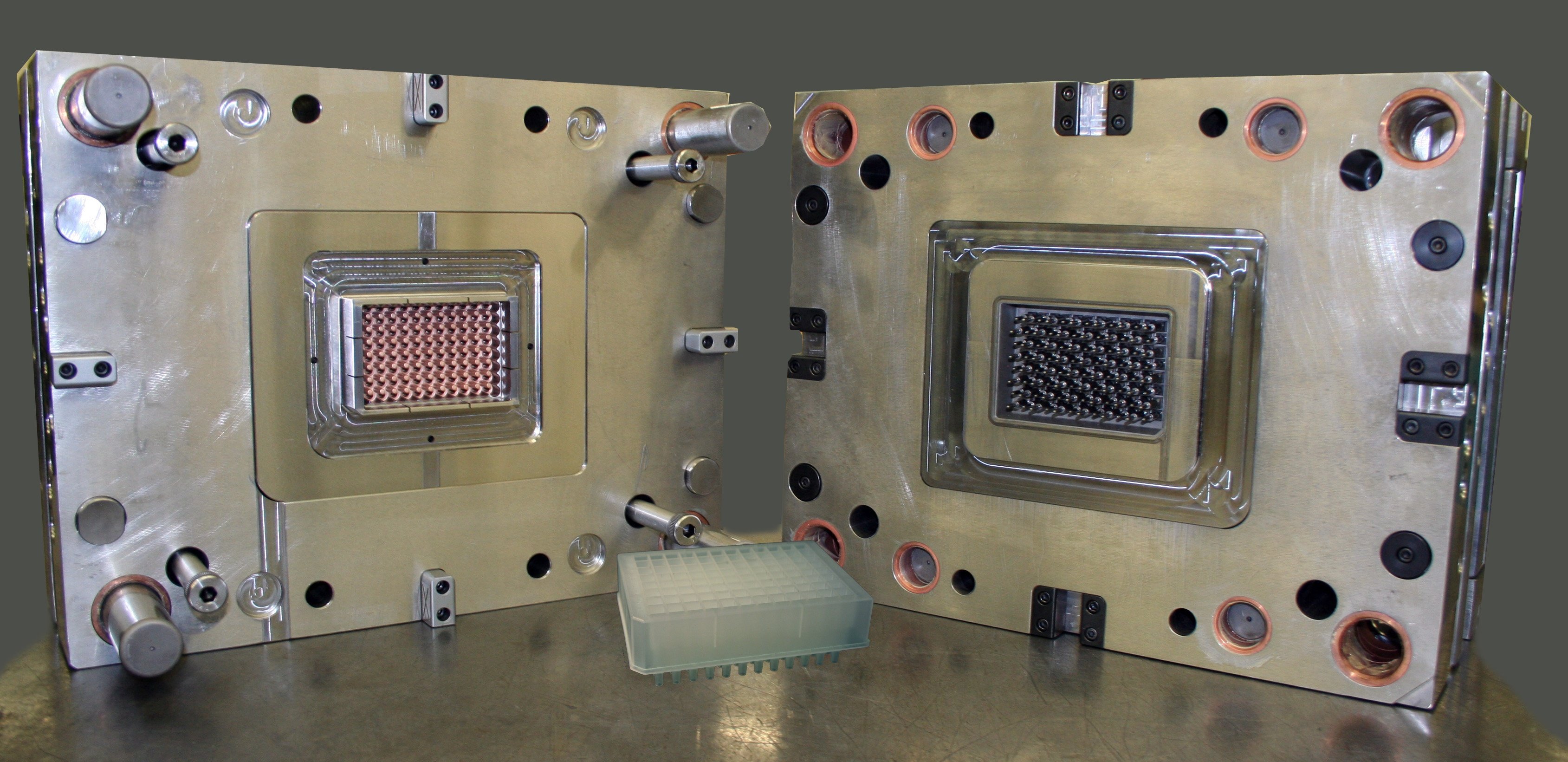
4 Things You Need to Know About FDA Registered Manufacturers
Medical device manufacturing is a highly regulated industry. Those regulations cover the requirements for manufacturers, including contract manufacturers (CMs), to register their facilities with the FDA if they produce or work on medical devices or a device’s components. Let’s clarify what exactly FDA registration means for OEMs looking to outsource the production for their next medical device design.
What is Manufacturer FDA Registration?
Registration is a mechanism for notifying the FDA that a given facility is involved in the production and distribution of medical devices that will be used in the U.S. Registration is an annual requirement that must be completed between October 1 and December 31 and is the responsibility of the owners or operators of those facilities. Note here that the manufacturing company itself isn’t registered, just the facilities (also called establishments), and hence is referred to as “establishment registration”.
Establishment registration is closely related to, but separate from, medical device listing. Listing is the documentation of what medical devices are produced at a registered establishment. Many facilities that need to register with the FDA also need to list the devices that are made there, and exactly what operations are performed on them.
Together, the FDA establishment registration and device listing requirements (21 CFR Part 807) give the FDA up-to-date information on what medical devices are made at which facilities; information that could prove vital during a public health emergency involving a device, such as an investigation into an injury or even death of a patient using that particular medical device. It’s part and parcel of safeguarding public health.
At this point, we should also clarify that FDA establishment registration is not an approval, endorsement, or finding that any particular device made or processed at that facility is safe or effective for any given condition. Registration, therefore, is entirely separate from the premarket approval or notification requirements like 510(k), HDE, PMA, etc., for devices that require that.
FDA Registration Doesn’t Just Apply to Domestic Facilities
Foreign manufacturing facilities are also subject to the same registration and listing requirements as domestic establishments. They also must designate a U.S. agent—an official contact for, and representative of, the company before the FDA.
Finished medical devices made in a foreign factory must also be correctly documented, inspected, and screened before they enter the U.S. and reach U.S. patients. This is in addition to any duties or other actions by Customs and Border Protection (CBP). The FDA and CBP collaborate on the inspection and acceptance of imported medical devices.
Not All Manufacturing Facilities in a Medical Device’s Supply Chain Need to be Registered
Whether or not a given facility in a device’s supply chain is required to register, list, or pay the registration fee depends largely on how close that facility’s product is to the finished medical device. According to a table on the FDA’s website, a “Manufacturer of components that are not otherwise classified as a finished device, that is distributed only to a finished device manufacturer” doesn’t need to register, list, or pay the fee. On the other hand, a “Manufacturer of accessories or components that are packaged or labeled for commercial distribution for health-related purposes to an end user” does need to register the relevant facilities, list the devices involved, and pay a fee to the FDA every year. This means a CM that makes standard threaded metal inserts for an injection-molded medical device doesn’t need to register, but the CM doing the actual insert molding would need to register. These requirements also apply to remanufacturers, re-labelers, and contract sterilizers—but not wholesale distributors or parties like brokers which don’t take first possession of an imported device.
Contract Manufacturers with One or More Registered Establishments Must Keep Up with Changing Regulations
Over the last 20 years, the FDA has changed its registration requirements more than once (most recently in October of 2012), leading to confusion among CMs. One of the challenges of being in a highly regulated industry is the continual task of understanding what important phrases like “finished device” really mean, and how that specific regulatory definition then determines what the current guidance requires of a particular CM and their OEM customer. Unsurprisingly, this situation has helped spawn a cottage industry of third-party firms specializing in assisting medical device OEMs with registering with the FDA.
Medical device contract manufacturers who register their facilities with the FDA play an important role in ensuring the safety, performance, and quality of the devices that benefit patients’ lives every day. Crescent Industries utilizes multiple facilities to provide OEMs with an integrated, single-source solution and is registered with the FDA for the manufacturing of medical components as well as finished medical devices.
Topics:
Related Articles
-
Oct 08, 2025
Medical Device Cleanroom Manufacturing: Plastic Injection Molding
Read MoreWhy Cleanroom Manufacturing Matters for Medical Devices
Medical devices are subject to strict...
-
Mar 17, 2025
Labware & Diagnostic Injection Mold Building and Molding
Read MoreMedical device molding requires much higher levels of precision injection molding and tolerance...
-
Jan 10, 2025
Benefits of a Plastic Medical Device Manufacturer
Read MoreReusable and single-use plastic medical devices are held to high standards of sanitation, texture,...
